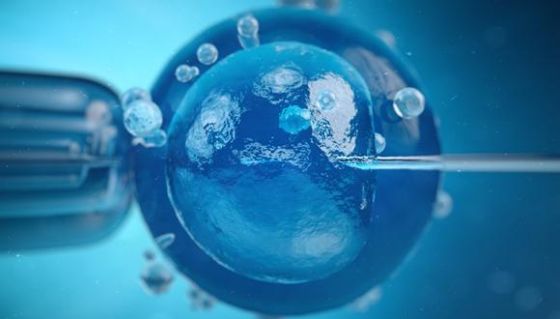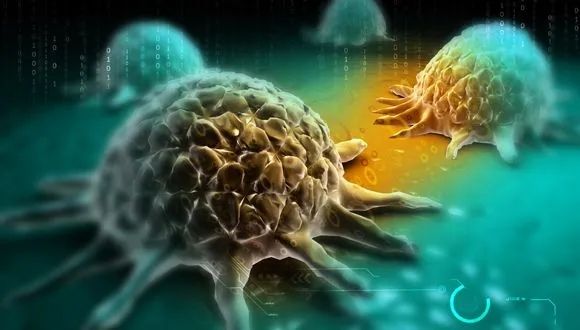
New genetically encoded sensor isolates hidden Leukemic cells
Cells express surface markers that help them escape most targeted therapies, Tel Aviv University researchers say
Understanding how leukemic stem cells are regulated has become an important area of cancer research. All stem cells can multiply, proliferate and differentiate. Because of these qualities, leukemic stem cells are the most malignant of all leukemic cells.
A team of Tel Aviv University researchers have now devised a novel biosensor that can isolate and target leukemic stem cells. The research team, led by Dr. Michael Milyavsky of the Department of Pathology at TAU’s Sackler School of Medicine, discuss their unique genetically encoded sensor and its ability to identify, isolate and characterize leukemic stem cells in a study published on January 31 in Leukemia.
Raising the survival rate for blood cancers
“The major reason for the dismal survival rate in blood cancers is the inherent resistance of leukemic stem cells to therapy,” Dr. Milyavsky says. “But only a minor fraction of leukemic cells have high regenerative potential, and it is this regeneration that results in disease relapse. A lack of tools to specifically isolate leukemic stem cells has precluded the comprehensive study and specific targeting of these stem cells until now.”
Until recently, cancer researchers used markers on the surface of the cell to distinguish leukemic stem cells from the bulk of cancer cells, with only limited success. “There are hidden cancer stem cells that express differentiated surface markers despite their stem cell function. This permits those cells to escape targeted therapies,” Dr. Milyavsky explains. “By labeling leukemia cells on the basis of their stem character alone, our sensor manages to overcome surface marker-based issues.
“We believe that our biosensor can provide a prototype for precision oncology efforts to target patient-specific leukemic stem cells to fight this deadly disease.”
Personalized medical testing
The scientists searched genomic databases for “enhancers,” the specific regulatory regions of the genome that are particularly active in stem cells. Then they harnessed genome engineering to develop a sensor composed of a stem cell active enhancer fused with a fluorescence gene that labels the cells in which the enhancer is active.
The scientists were also able to demonstrate that sensor-positive leukemia stem cells are sensitive to a known and inexpensive cancer drug called 4-HPR (fenretinide), providing a novel biomarker for patients who can potentially benefit from this drug.
“Using this sensor, we can perform personalized medicine oriented to drug screens by barcoding a patient’s own leukemia cells to find the best combination of drugs that will be able to target both leukemia in bulk as well as leukemia stem cells inside it,” Dr. Milyavsky concludes. “We’re also interested in developing killer genes that will eradicate specific leukemia stem cells in which our sensor is active.”
The researchers are now investigating those genes that are active in leukemic stem cells in the hope finding druggable targets.
Related posts







Destroying Cancer: new drug delivery system containing RNA therapy can target cancer cells in bone marrow





Operation Guardian of the Walls: Women, Young People and Residents of the South Paid the Heaviest Price



Breakthrough Gene Therapy Offers Hope for Severe Developmental Epilepsy in Children

